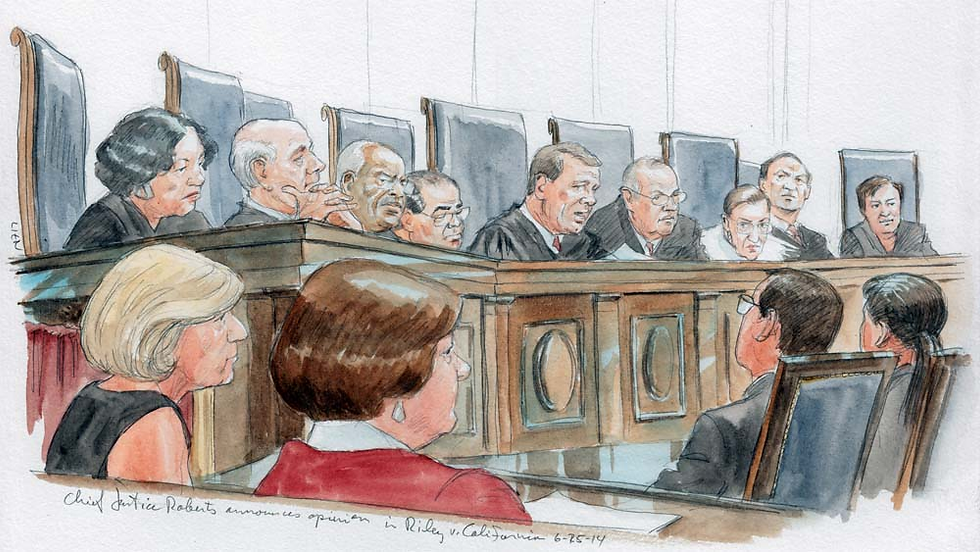Access to personal data without a warrant?
- Aryav Sharma

- Aug 21, 2025
- 2 min read

Should the government be allowed to access citizens' personal data without a warrant?
Personal privacy is a necessity, not a value many are likely to easily give up. The government must value the privacy of their citizens as the government is made to act with the people of their country, not against them. Privacy is clearly outlined in the Constitution as something to be protected, as a right the government may not infringe upon.
The Constitution's fourth amendment states
“The right of the people to be secure in their persons, houses, papers, and effects, against unreasonable searches and seizures, shall not be violated, and no Warrants shall issue, but upon probable cause, supported by Oath or affirmation, and particularly describing the place to be searched, and the persons or things to be seized.”
In short the people are protected against unreasonable search or seizure of their property and that no Warrants may be given for search or seizure without proper cause and description of what is being searched and seized. As decided in Warden vs. Hayden, “the principal object of the Fourth Amendment is the protection of privacy rather than property.” Exception only exists if "'the exigencies of the situation' make the needs of law enforcement so compelling that the warrantless search is objectively reasonable.” (Mincey v. Arizona, 437 U.S. 385 (1978))
However, when the Fourth amendment was contested in Katz vs. United States, it was decided that whatever is knowingly or in other words willingly exposed to the public may not considered private and is subject to warrantless search.

In Riley v. California a more concrete answer was given to this question. After getting pulled over for committing a traffic violation that led to weapons charges, Riley’s phone was seized by law enforcement. After searching his phone, law enforcement suspected gang involvement and had added to the list of charges against Riley. When the case went to the USA Supreme Court, the decision ended in Riley’s favor as “The police generally may not, without a warrant, search digital information on a cell phone seized from an individual who has been arrested.”(Riley v. California, 573 U.S. 373 (2014))
In conclusion, based on my assessment as long as one is not making their data publicly available by, for example sharing it in a social media post, the government is not allowed to access personal data without a warrant
Warden v. Hayden, 387 U.S. 294, 304 (1967)
Katz v. United States, 389 U.S. 347 (1967)
Riley v. California, 573 U.S. 373 (2014)
Mincey v. Arizona, 437 U.S. 385 (1978)




Comments